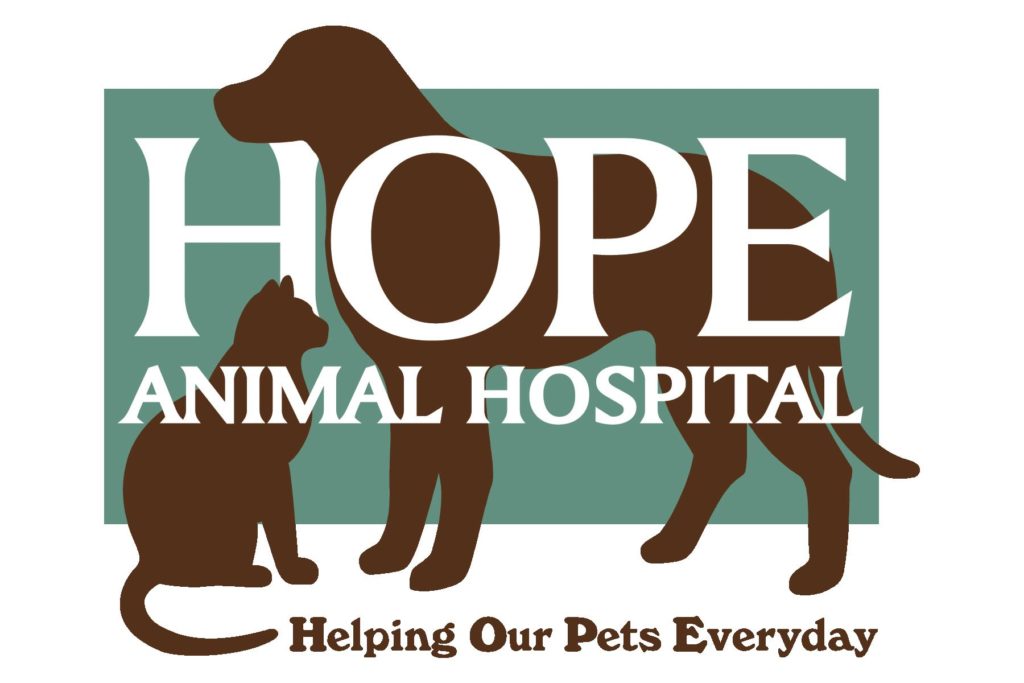Library
-
Acepromazine is a sedative/tranquilizer used primarily in cats and dogs as a pre-medication for anesthesia or for chemical restraint. It is given by injection in the clinic or by mouth in the form of a tablet. The most common side effect is low blood pressure. Acepromazine should not be used in conjunction with certain toxicities, or in pets with heart disease or low blood pressure. It should be used cautiously in pets with mild liver or heart disease, clotting problems, or in pregnant, debilitated, or young animals. If a negative reaction occurs, call your veterinary office.
-
Acetaminophen, also known as paracetamol, is an analgesic (pain reliever) and fever-reducing medication. It is used to treat pain and fever in dogs. It is used “off label” or “extra label” in some avian species, rabbits, miniature pigs, and some rodent species. Acetaminophen comes in capsule, tablet, or liquid suspension form. NEVER USE in cats or ferrets as it is potentially fatal at even miniscule doses.
-
Acetaminophen with codeine (brand name Tylenol with Codeine, Tylenol #3) is a combination drug that is used for pain management in humans. Acetaminophen is a pain reliever and fever reducer. It is not often used in animals and, when done so, must only be used in dogs. It is often combined with the drug codeine which is a narcotic pain reliever. Acetaminophen/codeine comes in a variety of formulations.
-
Acetaminophen with hydrocodone (brand name Vicodin®, Lortab®, Norco®, Nortab®) is a combination drug used for severe pain in humans. Acetaminophen is a pain reliever and fever reducer. It is not often used in animals and, when done so, must only be used in dogs. In this case, it is combined with hydrocodone, which is a potent, narcotic pain reliever. Acetaminophen/hydrocodone comes in a variety of different formulations.
-
Acetazolamide is a diuretic used off label and given by mouth to treat glaucoma or alkalosis. The most common side effect is stomach upset, but other side effects of the central nervous system, blood, kidneys, electrolytes, blood sugar levels, liver, or skin are possible. Do not use this medication in pets with liver or kidney disease, or low sodium or potassium blood levels. Use with caution in pets with acidosis, diabetes, pregnancy or lactation. If a negative reaction occurs, please call your veterinary office.
-
Acetic acid/boric acid topical (brand name Malacetic) is an antibacterial and antifungal medication used to treat skin infections caused by bacteria and/or yeast in cats and dogs. Some formulations may be used to treat ear infections. This medication may be part of a combination product. Acetic acid/boric acid topical comes in shampoo, liquid (spray and dropper), and wipe form.
-
Acetic acid/boric acid otic (brand name Malacetic) is an antibacterial and antifungal medication used as an ear cleanser and drying agent in cats and dogs with ear infection. This medication may be part of a combination product. Acetic acid/boric acid otic comes as a liquid ear cleanser.
-
Acetylcysteine (alternate and brand names: N-acetylcysteine, NAC, ACC, Mucomyst®, Acetadote®, Cetylev®, Parvolex®) is given by mouth, injection, or topically and is used on and off label to treat toxicities or to break up mucus. It is usually a prescription, but some forms may be found over the counter. Give as directed by your veterinarian.
-
Acetylsalicylic acid, or ASA (brand name Aspirin®), is used off label and is given by mouth in the form of a tablet to treat abnormal clotting. Do not use this medication in pets with bleeding disorders, in pets that are allergic to it, or in pets concurrently using corticosteroids or other NSAIDs.
-
Activated charcoal (ToxiBan) is a non-drug health product used to help manage poison ingestion in dogs and cats. Charcoal binds poisons in the stomach and intestinal tract, preventing the body from absorbing them and may be used as part of treatment for certain poisonings.

